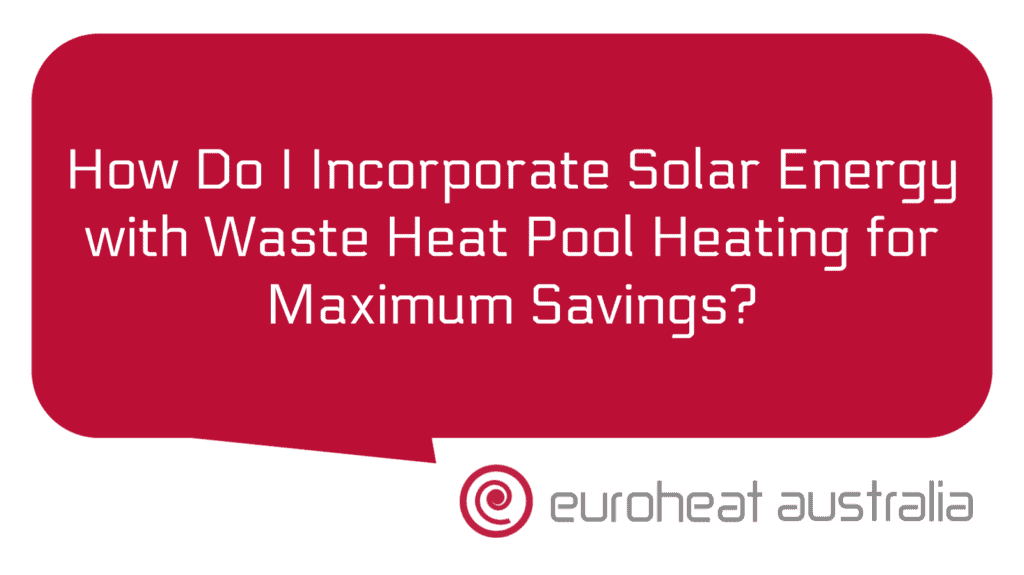Are you having trouble with your waste heat hot water system? You’re not alone! Many homeowners across Australia experience common problems with their system, and it can be difficult to know where to start when it comes to troubleshooting. But don’t worry – we’ve got you covered.
In this article, we’ll go through some of the best ways to troubleshoot common problems with your waste heat hot water system. We’ll also discuss the benefits of installing a heat and chill recovery system and how it can help save energy, reduce costs and improve the efficiency of your system. Keep reading for everything you need to know about troubleshooting your waste heat hot water system!
First things first – let’s talk about what a waste heat hot water system is. Waste heat systems are designed to capture and reuse the thermal energy created by your appliances, such as refrigerators and dishwashers. This energy is then used to preheat incoming cold water, reducing the amount of energy required to heat it up further – saving you money on energy bills in the process!
Now that you know what a waste heat hot water system is, let’s look at some of the common problems that can occur with this type of system:
1. Poorly insulated pipes: Poorly insulated pipes can lead to excessive heat loss, resulting in an inefficient system that uses more energy than necessary. It’s important to ensure that your pipes are properly insulated so they don’t lose too much heat along their length.
2. Blocked air filter: If your air filter is blocked or clogged up, it can reduce the efficiency of your heating unit by preventing air from circulating properly throughout the space. Make sure you regularly check and clean any air filters in your heating unit for optimal performance.
3. Low fluid levels: Low fluid levels can cause poor performance or even damage to components such as pumps or valves if left unchecked for too long. Regularly check the fluid levels in your heating unit and top up if necessary – this will help keep everything running smoothly!
4. Leaks or other damage: Leaks or other damage can prevent proper circulation of fluids through the heating unit, resulting in poor performance or even malfunctioning components if left unchecked for too long. Regularly inspect all parts of your heating unit for signs of wear and tear so any potential issues can be addressed as soon as possible – this will help keep everything running smoothly!
Fortunately, these common problems are relatively easy to troubleshoot – simply follow these steps and you should be able to get things running again quickly and efficiently!
1. Check all parts for any signs of wear or damage – inspect hoses, joints, valves etc., making sure they are undamaged and securely connected;
2. Make sure all air filters are clean;
3. Check fluid levels – top up if necessary;
4. Make sure all pipes are properly insulated;
5. If all else fails, call a professional engineer/technician who specialises in these types of systems – they’ll be able to diagnose any issues quickly and accurately so they can be fixed promptly without causing further damage (or stress!).
Now that we’ve gone through some tips on how to troubleshoot common problems with your waste heat hot water system, let’s talk about how installing a heat & chill recovery system could benefit you even further! Heat & Chill Recovery systems work by capturing excess thermal energy from appliances like refrigerators & dishwashers before it escapes into the atmosphere & reusing it instead – saving money on energy bills & reducing emissions at the same time! Installing one could save you up 20-30% on annual electricity costs & reduce carbon emissions by around 10-15% annually (depending on how much electricity is being used). Plus, Euroheat Australia engineers & installers have over 30 years experience designing & constructing hydronic heating & cooling systems for homeowners around Australia – so you know you’re getting quality workmanship when it comes time for installation! So why not give them a call today?





